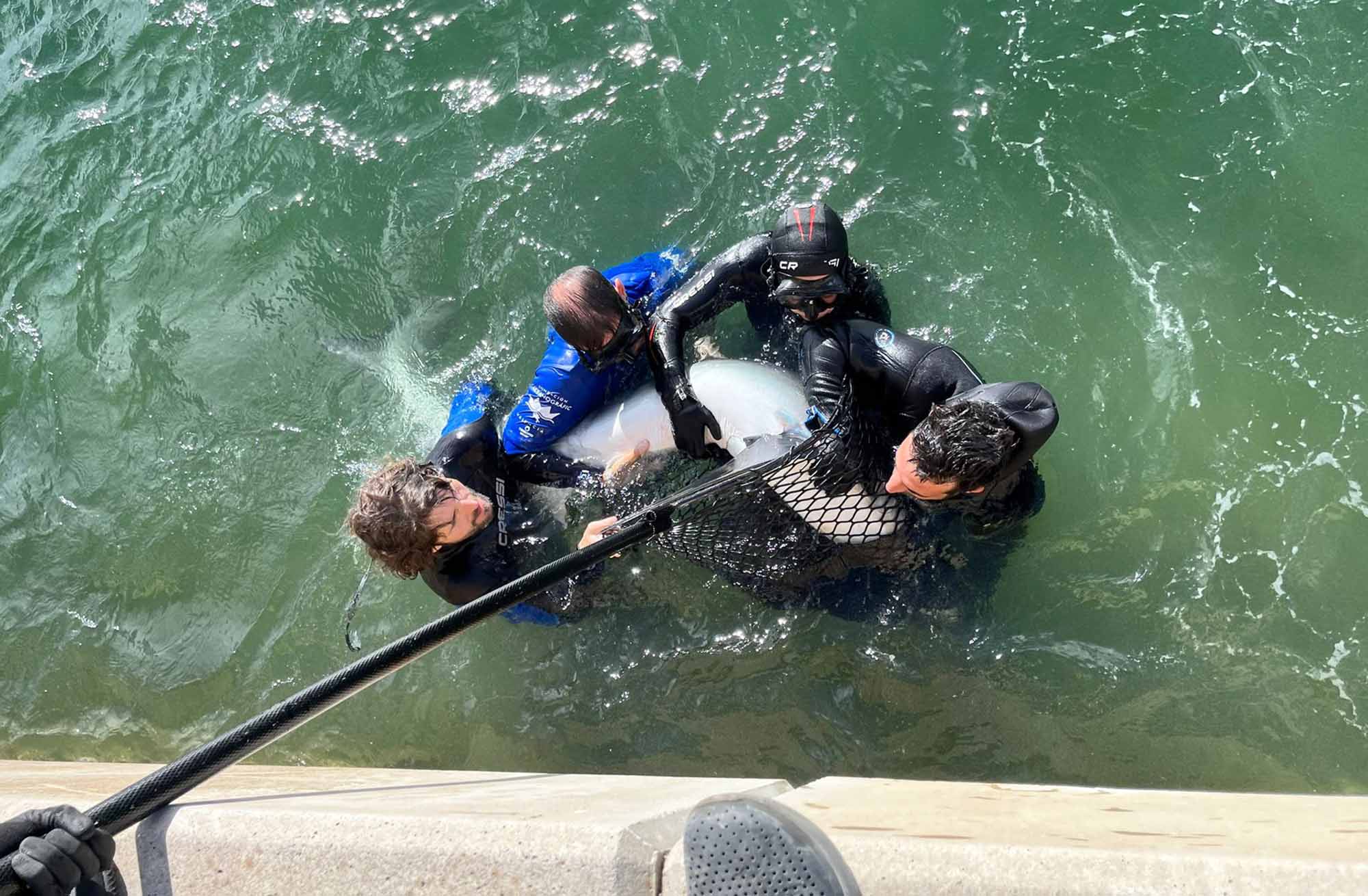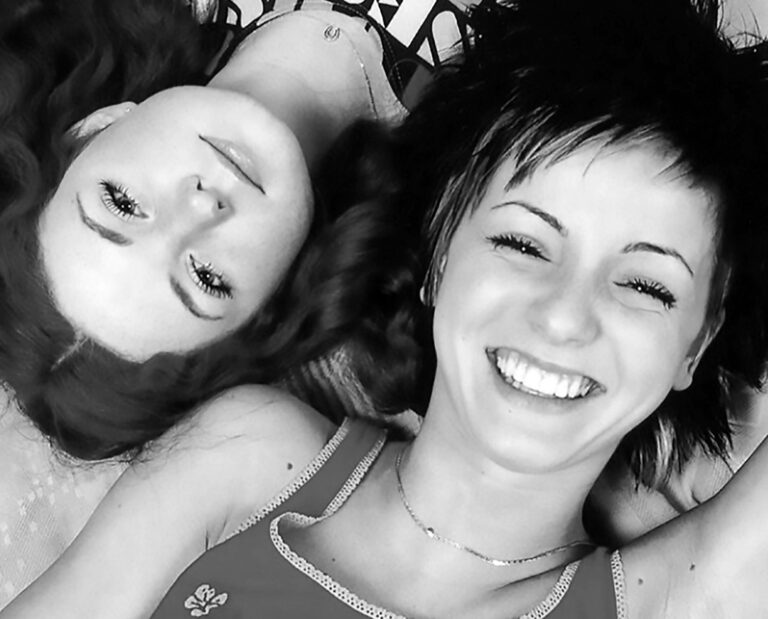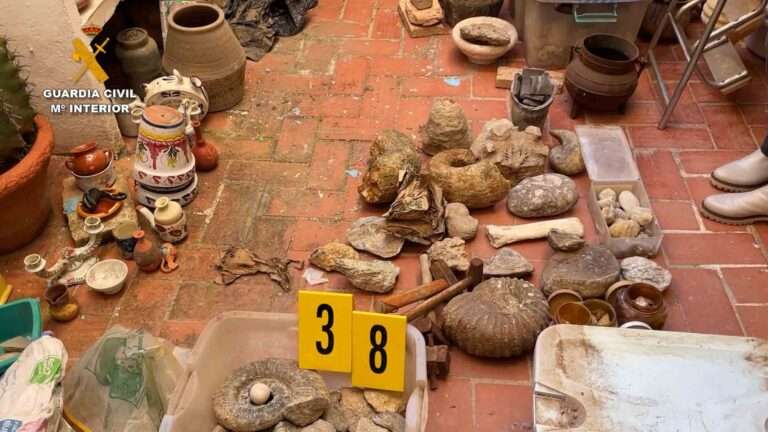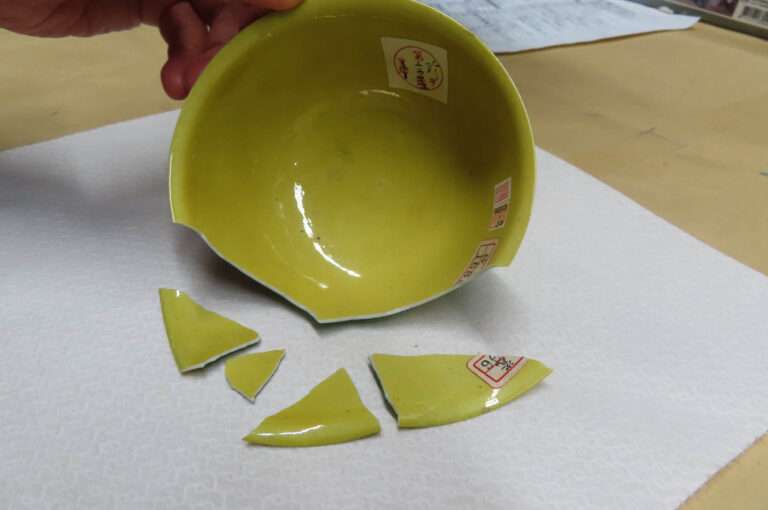Curious endangered eight-foot-long blue shark is escorted back to the deep after it turned up at a yacht club on the Spanish coast.
The footage shows the shark in Valencia marina as it was spotted swimming around the moored boats as marine experts move in to move it to safer waters.
Earlier startled yacht owners had called for help as the shark cruised around their boats and right up to the club’s jetty.
Vets and rescuers can be seen capturing the critically endangered shark and running a series of health checks before taking it back out to sea.
Newsflash obtained a statement from the Oceanografic Valencia, an oceanarium located in Valencia in southern Spain, on 15th November, saying that the shark was a blue shark, which it said is critically endangered in the Mediterranean Sea, measuring 2.5 metres (8.2 feet).
They said the blue shark (Prionace glauca) was spotted in the water near the Real Club Nautico de Valencia, the local sailing club.
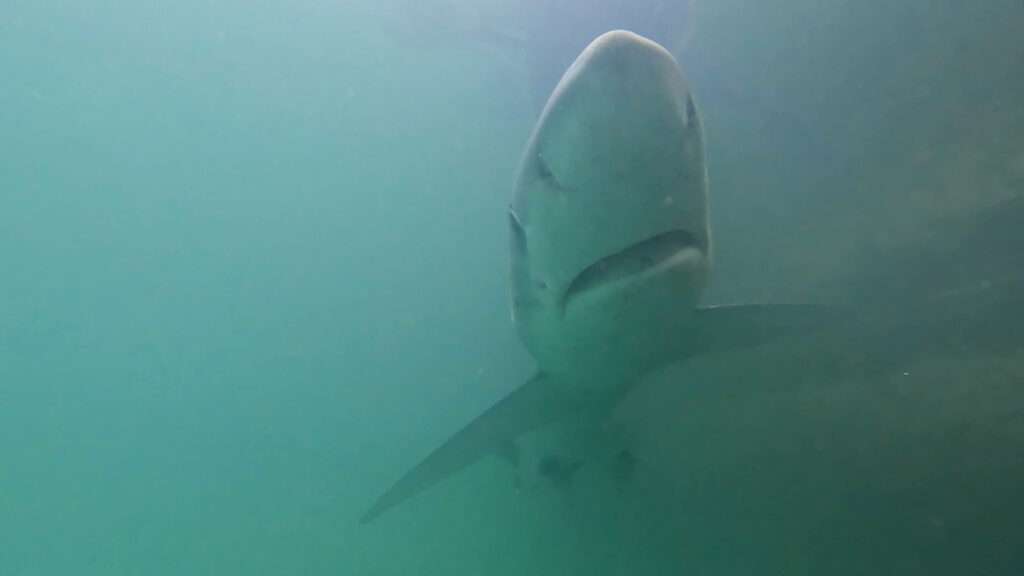
Oceanografic Valencia said: “Technicians from the Fundacion Oceanografic moved a 2.5-metre blue shark to the high seas from the Real Club Nautico de Valencia.”
They added: “After performing a blood test and evaluating its general condition, it was reintroduced to the open sea with the help of two boats.”
The oceanarium also said that it “is a species listed as critically endangered in the Mediterranean Sea by the IUCN” (the International Union for Conservation of Nature).” This is despite the species being listed as near-threatened in other seas and oceans.
The experts said: “An adult male blue shark measuring 2.5 metres appeared disoriented this morning at the Real Club Nautico de Valencia and has been able to be reoriented to the open sea thanks to the rapid intervention of professionals from the Fundacion Oceanografic.”
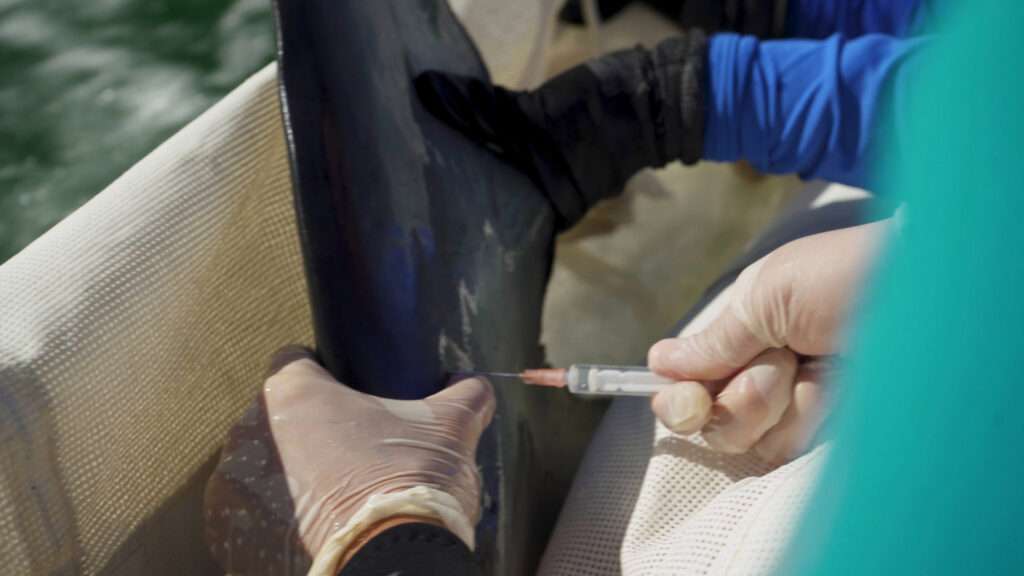
They added that the shark have actually been spotted a few days before but the experts had found nothing upon arriving at the scene. They then received another call and this time, they were able to locate the shark and help it on its way.
The oceanarium said: “Thanks to the collaboration of the technicians of the Real Club Nautico de Valencia, members of the Civil Guard and professionals who work with sharks at the Oceanografic, it was possible to properly immobilise the shark with handling material appropriate for these species.
“The team of veterinarians was then able to perform a physical examination and a blood test and did not detect alterations in the state of health of the animal, but it presented a slimmer body condition than usual. For all these reasons, and based on the tests, it was decided to move it outside the dock with the help of two boats.”
They said that after being escorted to deeper waters, “the blue shark was able to continue its swim towards the open sea.”
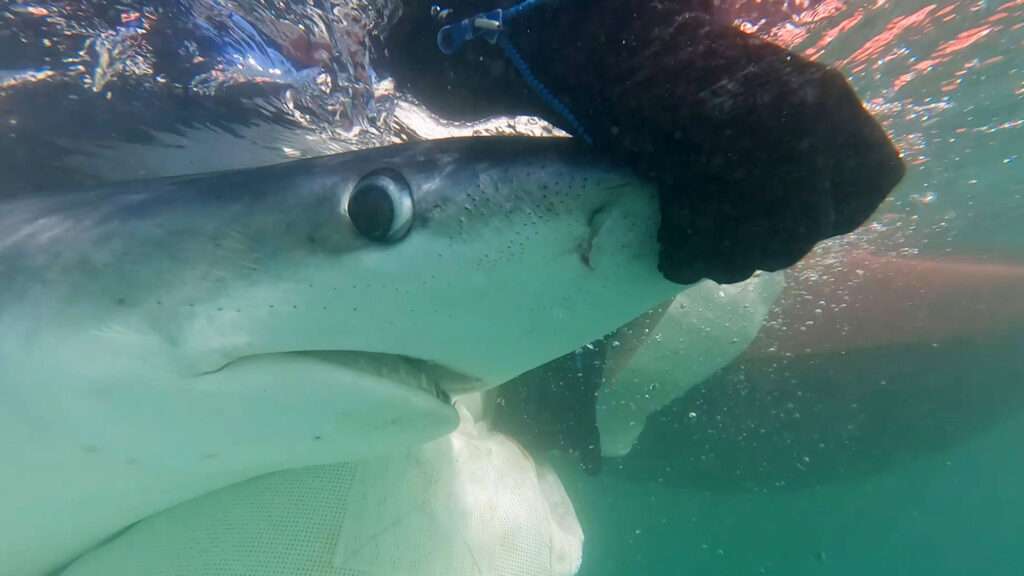
The experts also said that it may have strayed close to the coast after a recent storm.
Jose Luis Crespo, head of Conservation at the Fundacion Oceanografic, said: “When a pelagic species comes so close, it is usually associated with some process that affects the animal’s health, so it is essential to assess its general condition and decide on the best choice based on results.”
To find out more about the author, editor or agency that supplied this story – please click below.
Story By: Joseph Golder, Sub-Editor: Marija Stojkoska, Agency: Newsflash
The Ananova page is created by and dedicated to professional, independent freelance journalists. It is a place for us to showcase our work. When our news is sold to our media partners, we will include the link here.

